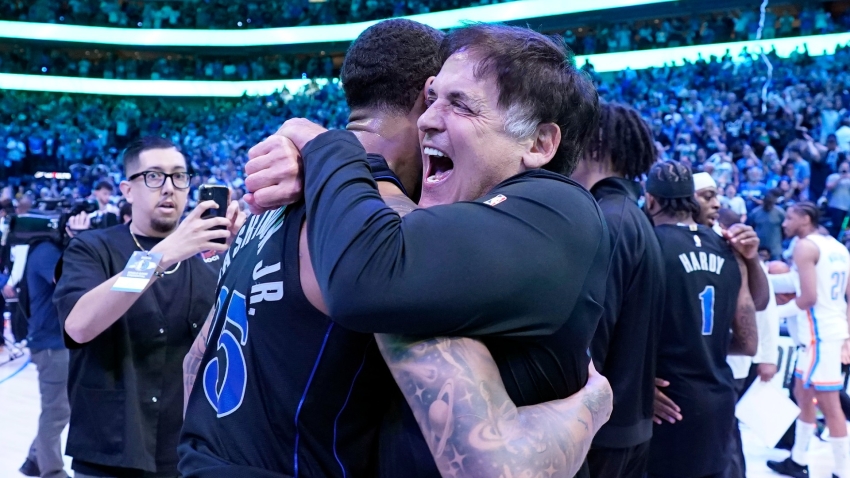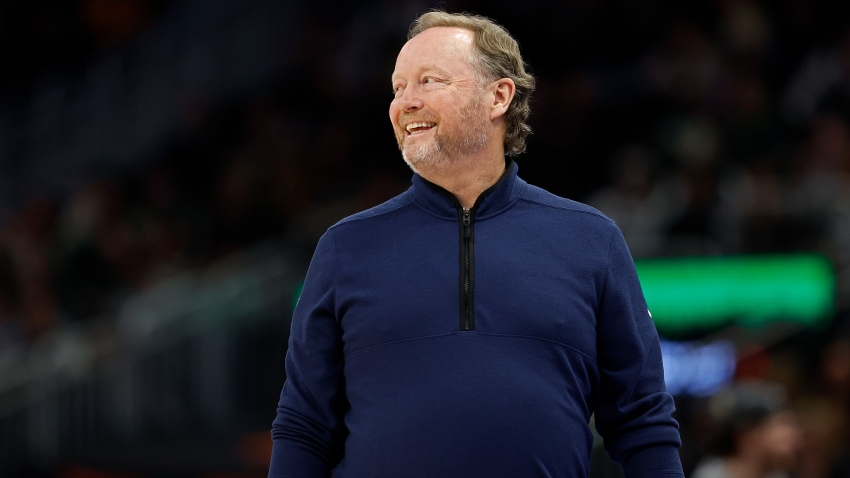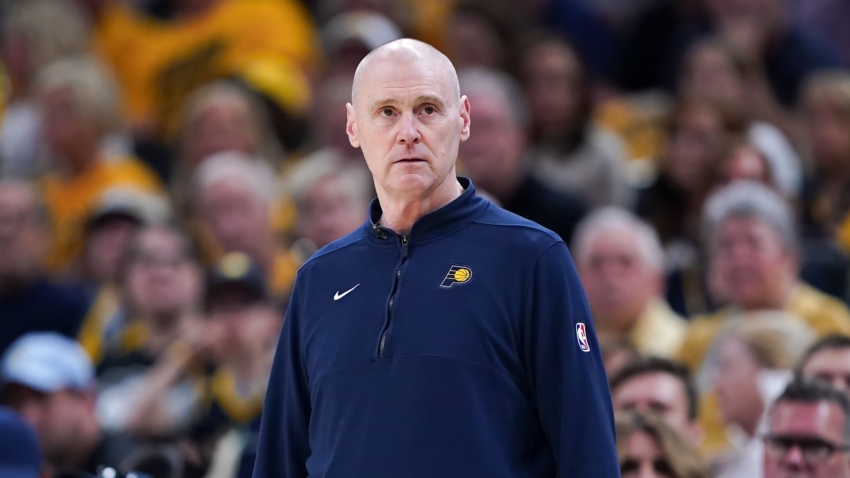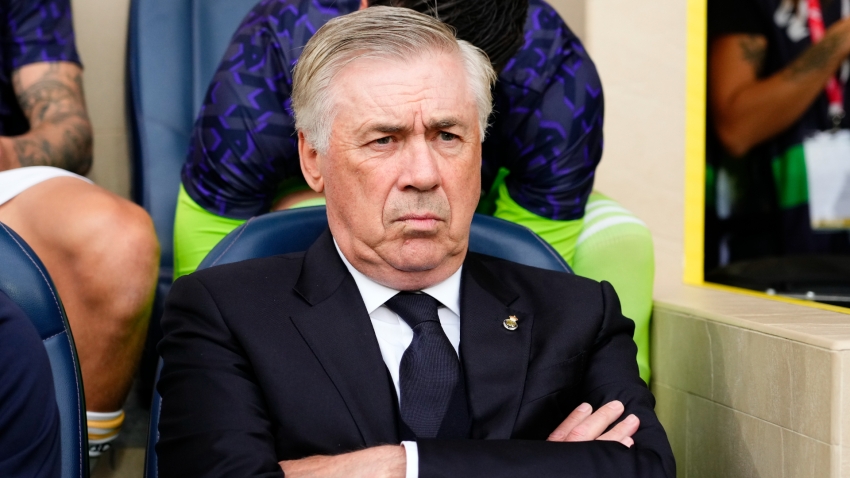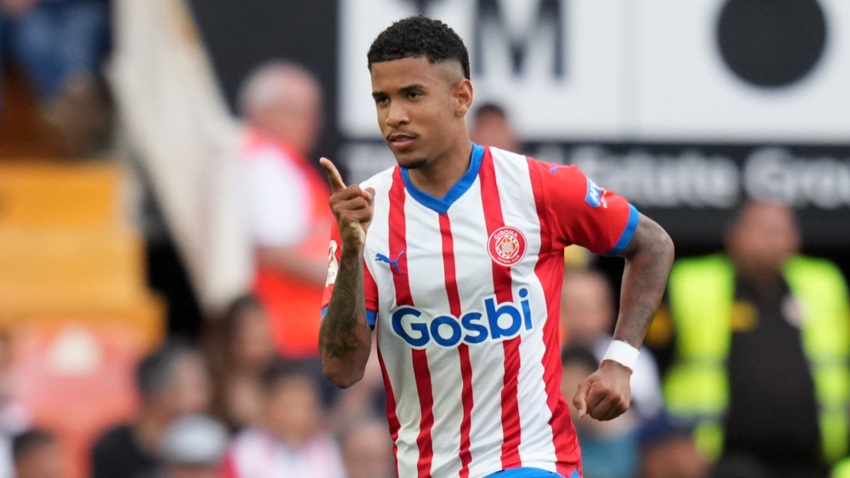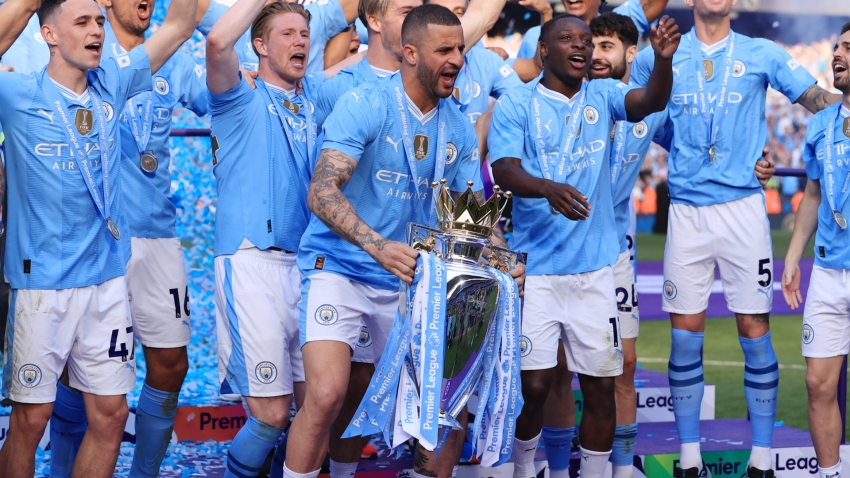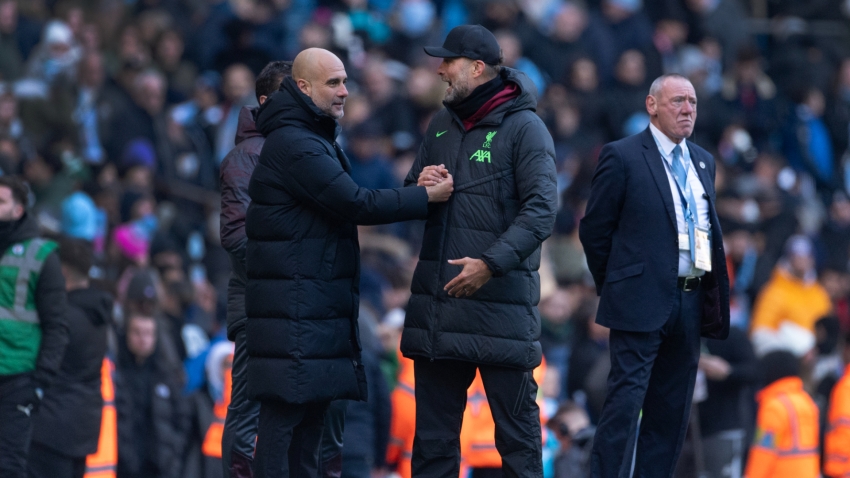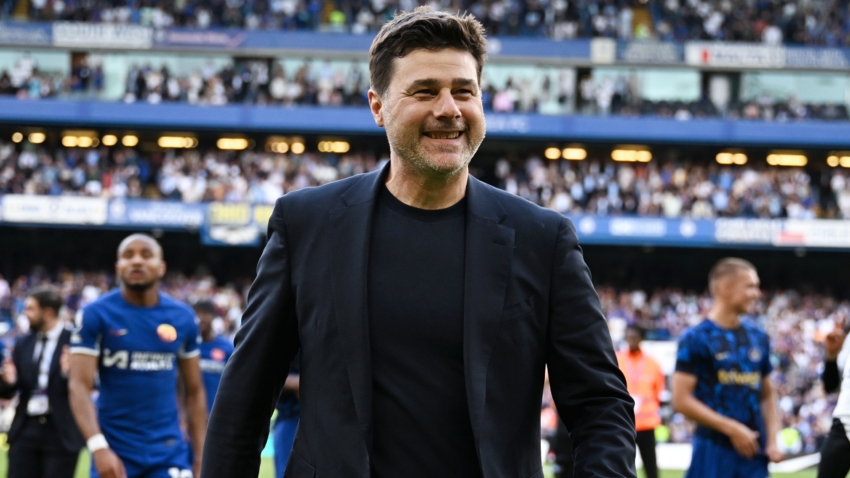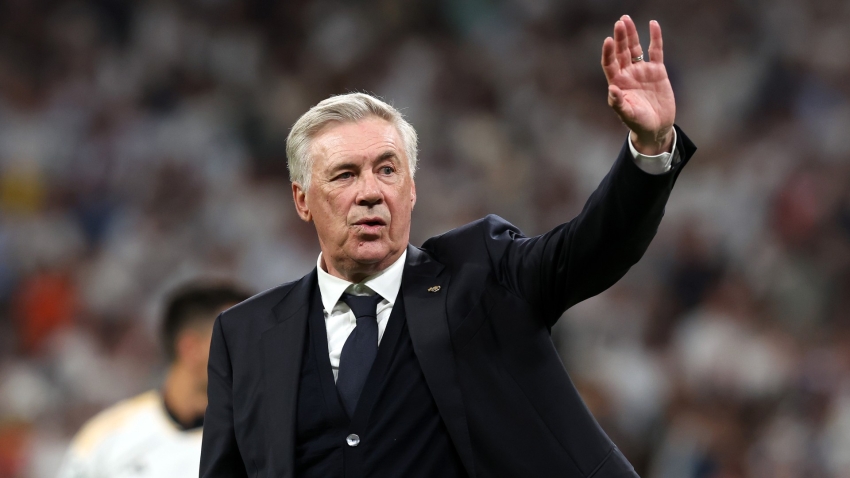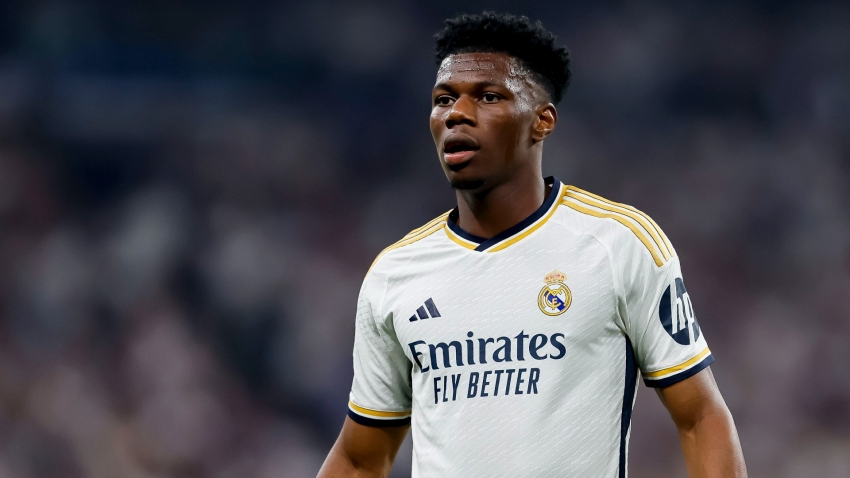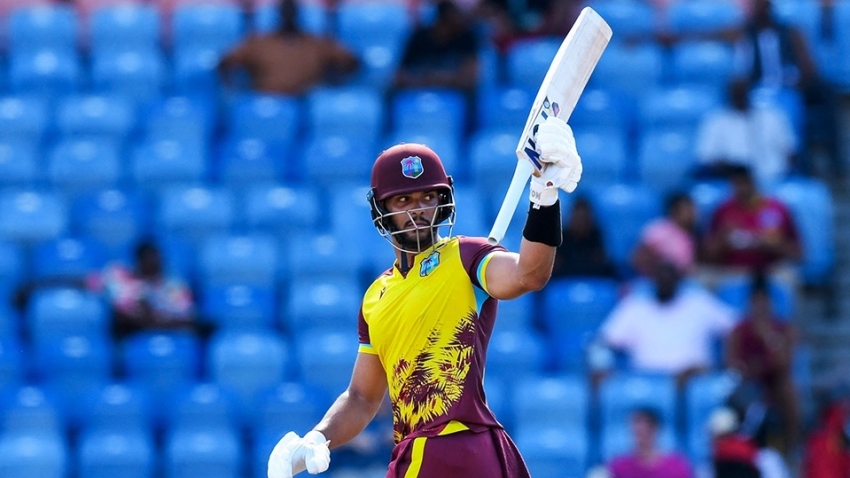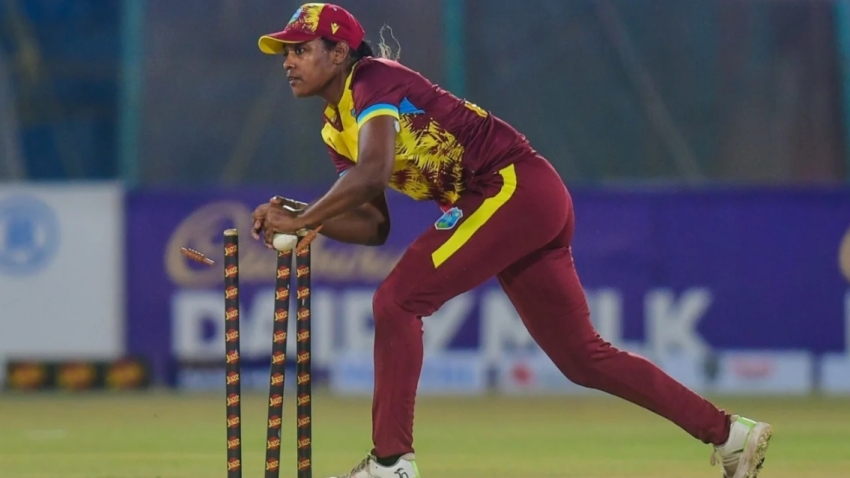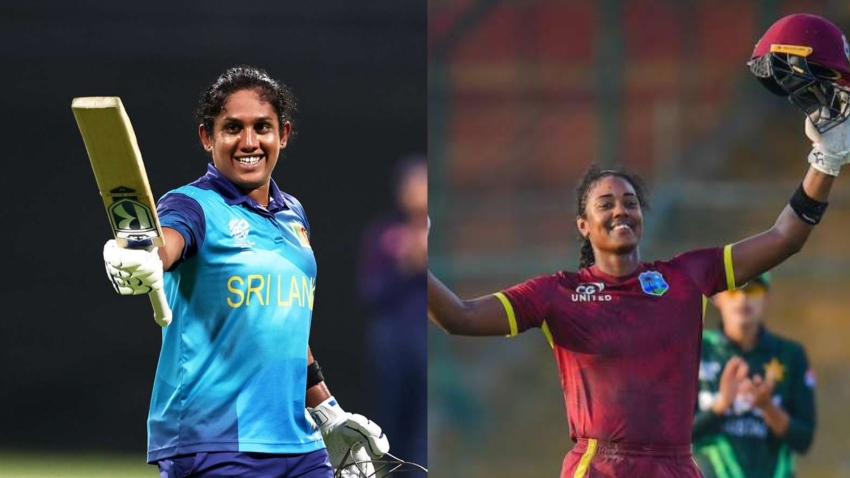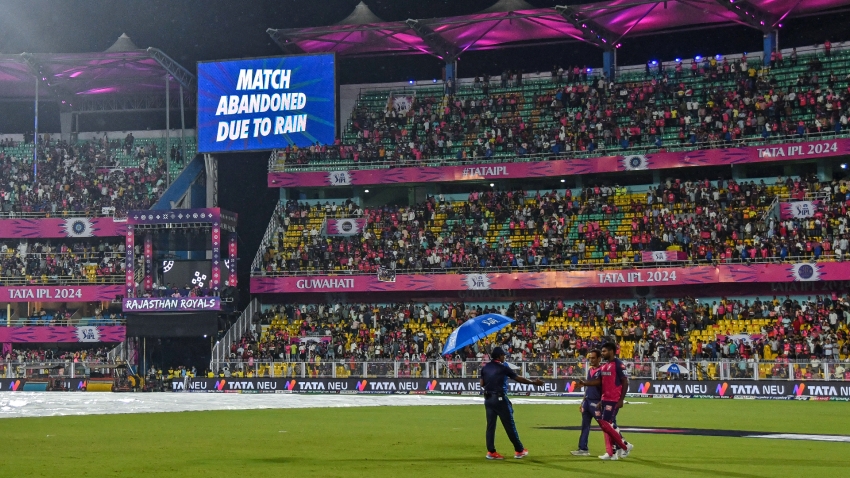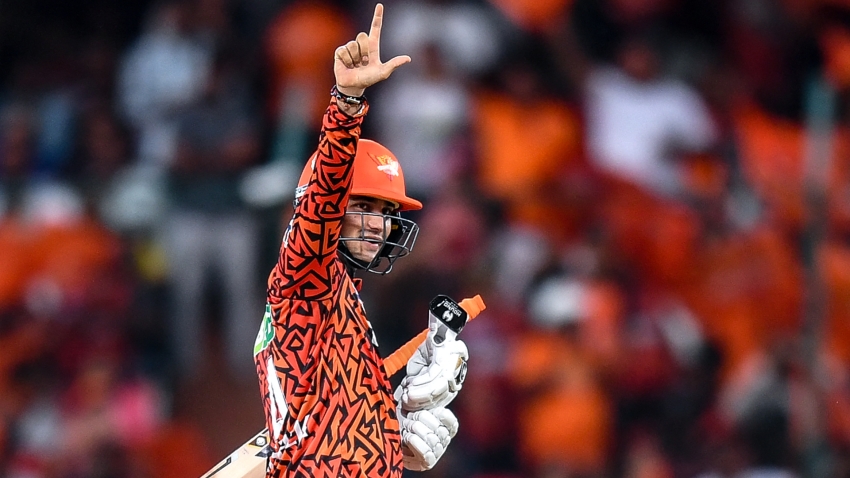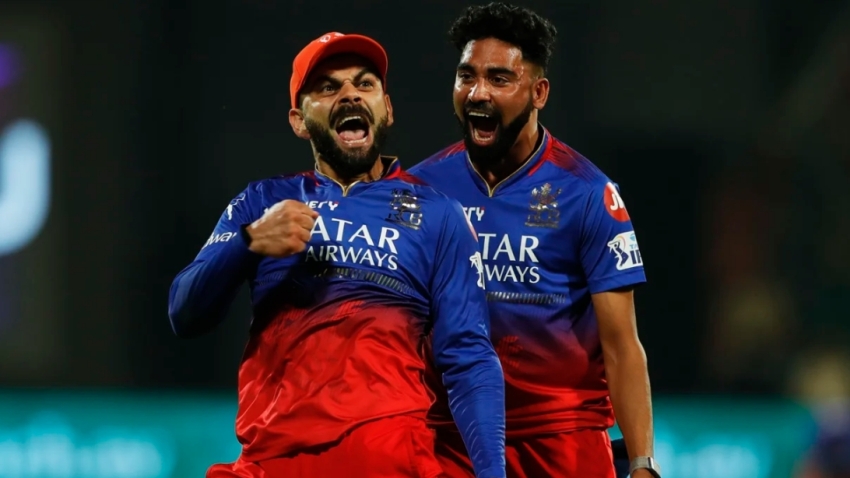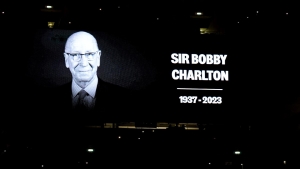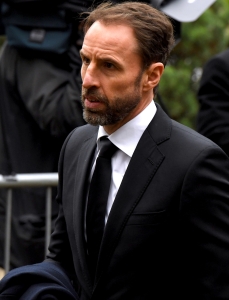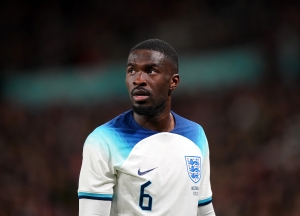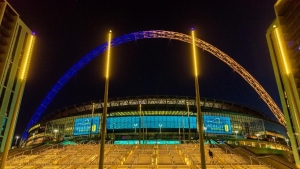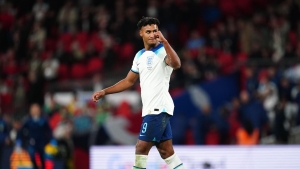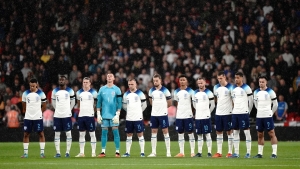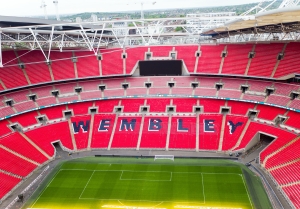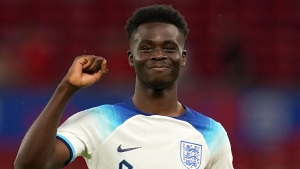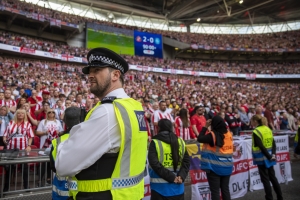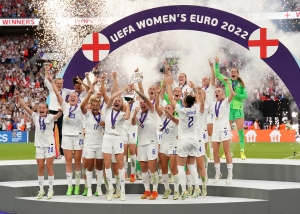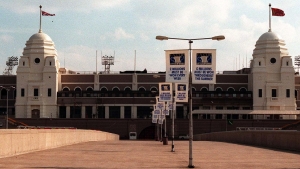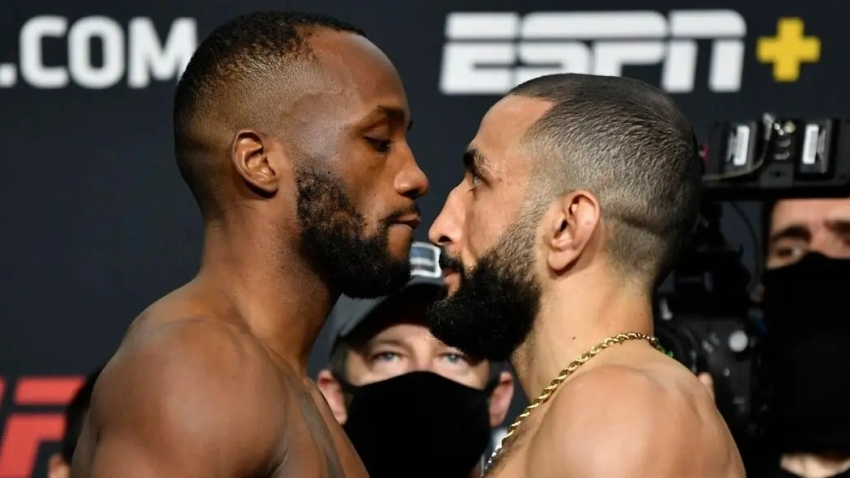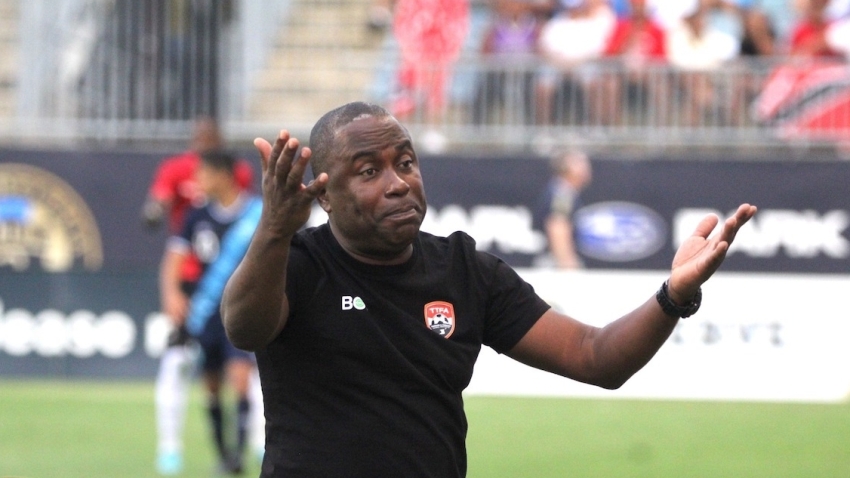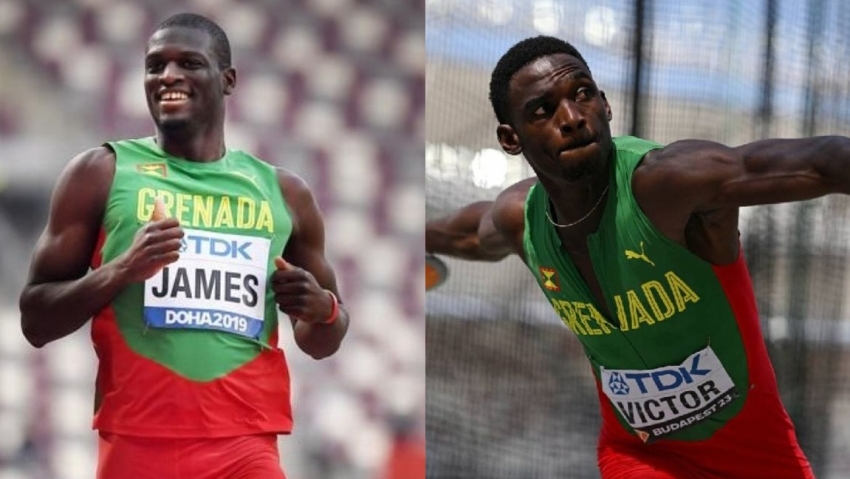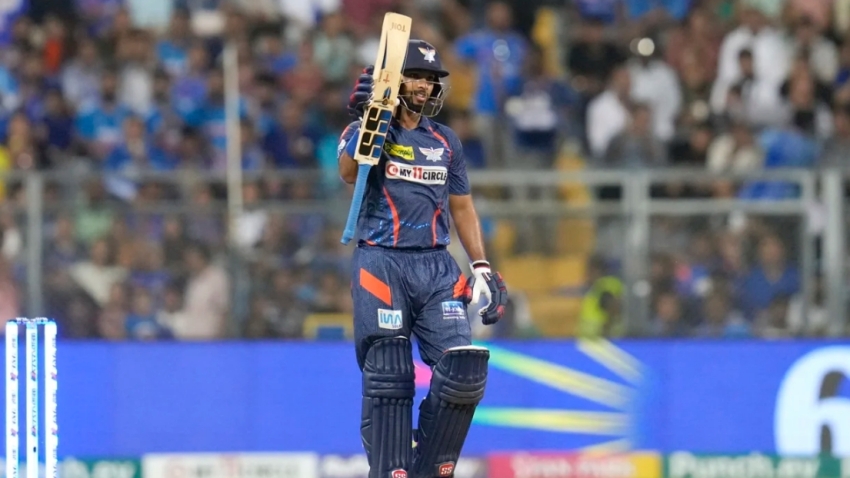Wembley has become one of world football’s most revered football stadiums over the last 100 years, but only survived its infancy thanks to a Scotsman and some greyhounds.
The first FA Cup final at what was then called the Empire Stadium took place on April 28, 1923.
The stadium had been built in 300 days, at a cost of £750,000, for the following year’s British Empire Exhibition, which was held to demonstrate Britain’s enduring colonial strength in the wake of the First World War.
There were concerns over whether the 1923 final between Bolton and West Ham would even manage to draw a full house to the 125,000-capacity stadium, but ultimately it took mounted police to clear the pitch in order for the match to kick off due to overcrowding.
It has been estimated that well over 200,000 people gained access to the stadium for the match, which became known as ‘The White Horse Final’ after a light grey horse called Billy, ridden by policeman George Albert Scorey and who showed up white in the black and white images of the time, helped clear spectators from the pitch.
Bolton beat West Ham 2-0 in a match which kicked off around 45 minutes late.
Despite the popularity of that contest, the exhibition itself which followed in 1924 and 1925 was considered a commercial failure, and the stadium was all set for demolition had it not been for the intervention of two key individuals.
Sir James Stevenson, a Scot who was chairman of the exhibition committee, lobbied for the stadium to remain open, while Arthur Elvin stepped in to stop it going to the dogs by organising greyhound races on the stadium’s track, starting in 1927, which made Wembley financially viable.
Wembley is most closely associated with football but has hosted a myriad of other sports over the years – some more successfully than others.
The NFL has enjoyed great success in bringing its International Series of regular-season matches to the stadium, which has also hosted some enthralling boxing contests from Cassius Clay v Henry Cooper in 1963 to Anthony Joshua v Wladimir Klitschko in 2017.
An attempt to popularise ski jumping in the UK by hosting a Winter Sports Exhibition – in late May – featuring a 150-foot jump constructed out of scaffolding did not catch on quite so well, and appears set to remain a one-off.
In an era before football enjoyed blanket coverage, the FA Cup final at Wembley was for many years one of the only games to be regularly televised internationally, making it a venue players all around the world dreamt of playing at.
Pele, the Brazil great who died late last year, said it was his biggest regret that he never played a match at Wembley, which he described as “a cathedral of football”.
The old stadium’s place in English football folklore was secured when it played host to the 1966 World Cup final, with the home team winning the trophy thanks to a 4-2 extra-time victory over West Germany.
By the 1990s, however, there were fresh calls for the stadium, now beginning to show its age, to be bulldozed.
Playing host to England’s matches at Euro ’96, with ‘Three Lions’ ringing out from the stands, was the old stadium’s last great hurrah, with its final match a sad, soggy affair in October 2000 as England slipped to a 1-0 World Cup qualifying defeat to Germany which prompted the resignation of manager Kevin Keegan.
The rebuild, which cost over £700million, featured an arch to replace the famous Twin Towers as the stadium’s most eye-catching element.
It remains a go-to destination for national and international football events, and has already hosted two Champions League finals since it reopened in 2007.
What should have been one of its most memorable occasions turned into arguably its darkest day, as England lost the Euro 2020 final to Italy on penalties in July 2021.
The match was overshadowed by chaos outside and within the stadium. Individuals under the influence of drink and drugs created disorder, with around 2,000 people without tickets gaining entry.
Baroness Casey, who led an independent review into what went wrong on the day, highlighted a catalogue of “near-misses” which could have led to fatalities.
The final Wembley deserved came just over a year later, as England triumphed in extra time against Germany at Women’s Euro 2022.
The five UK and Ireland football associations are hoping to convince UEFA’s executive committee later this year to make Wembley the centrepiece of another Euros – this time the men’s competition in 2028.
Thanks to those who helped it through the uncertainty of its earliest days, the stadium could reasonably hope to still be hosting top-level sports in another 100 years’ time.



